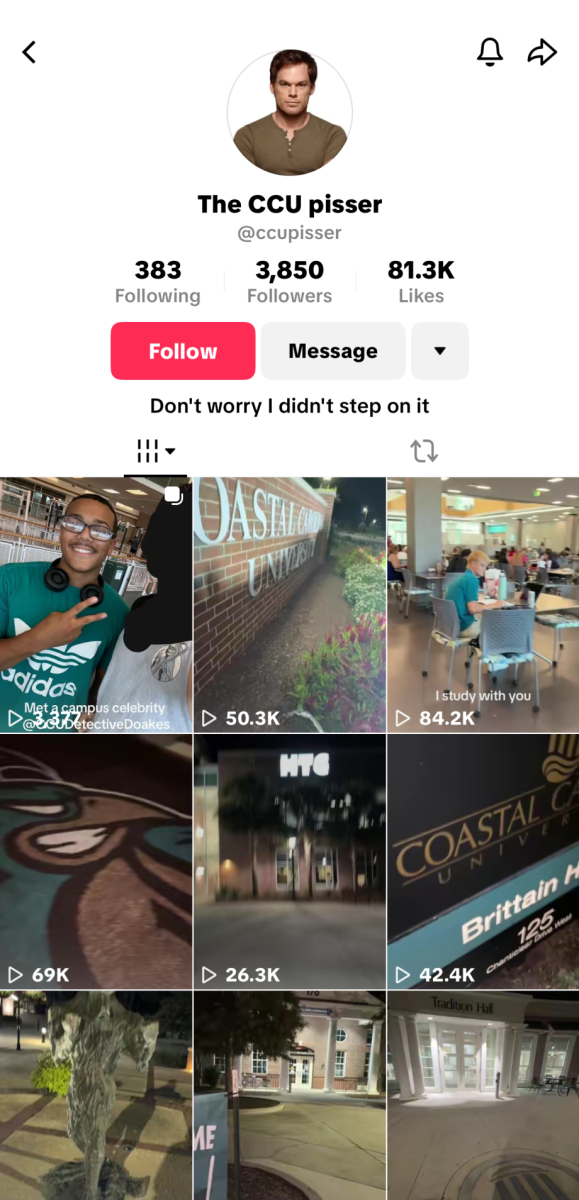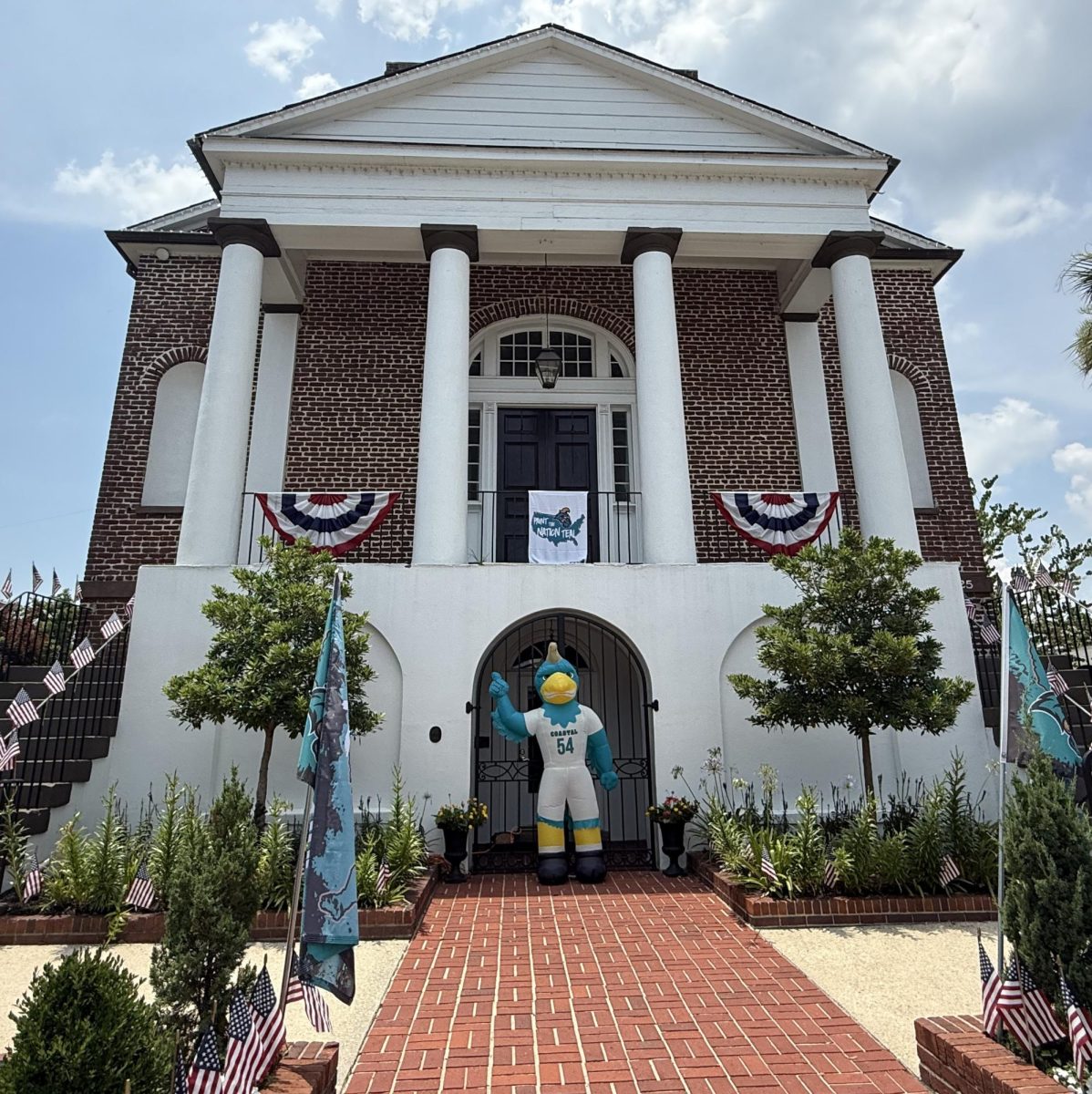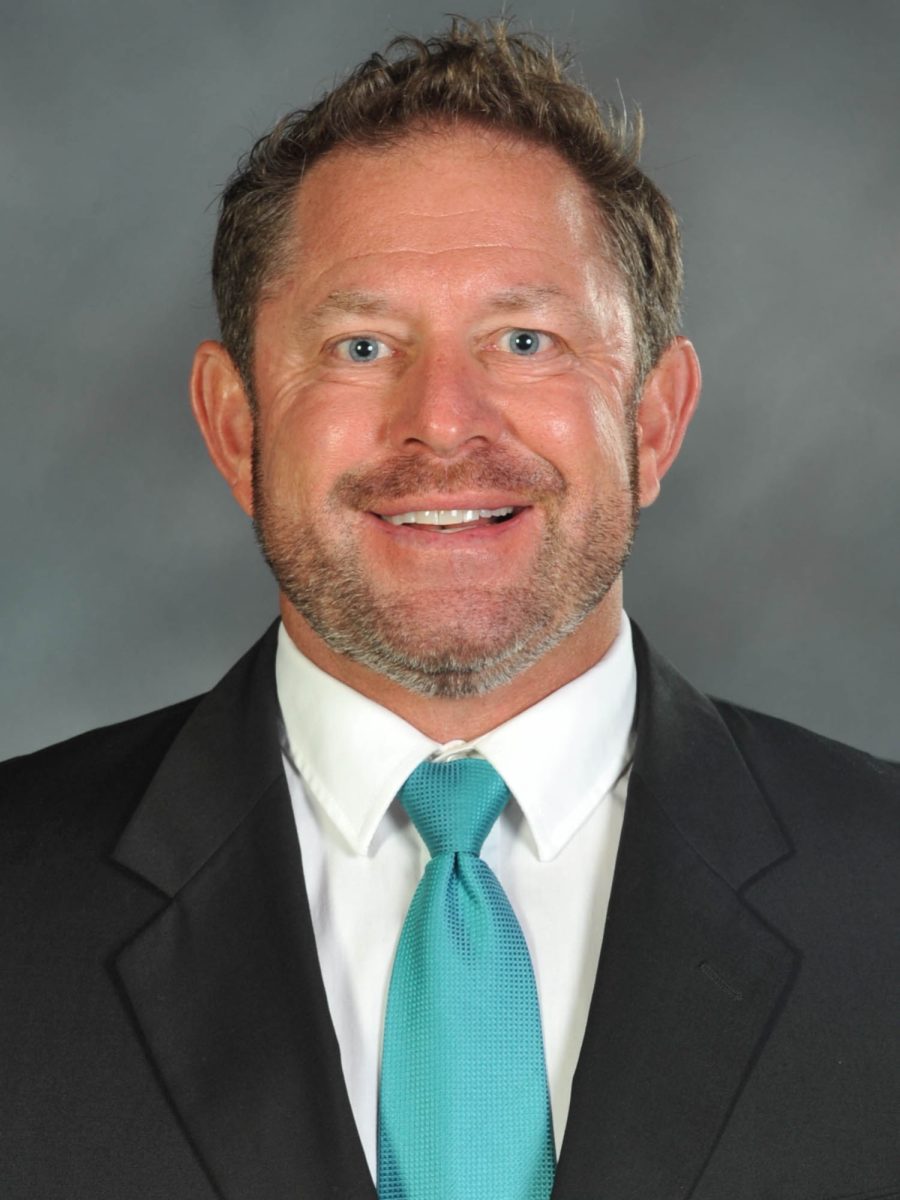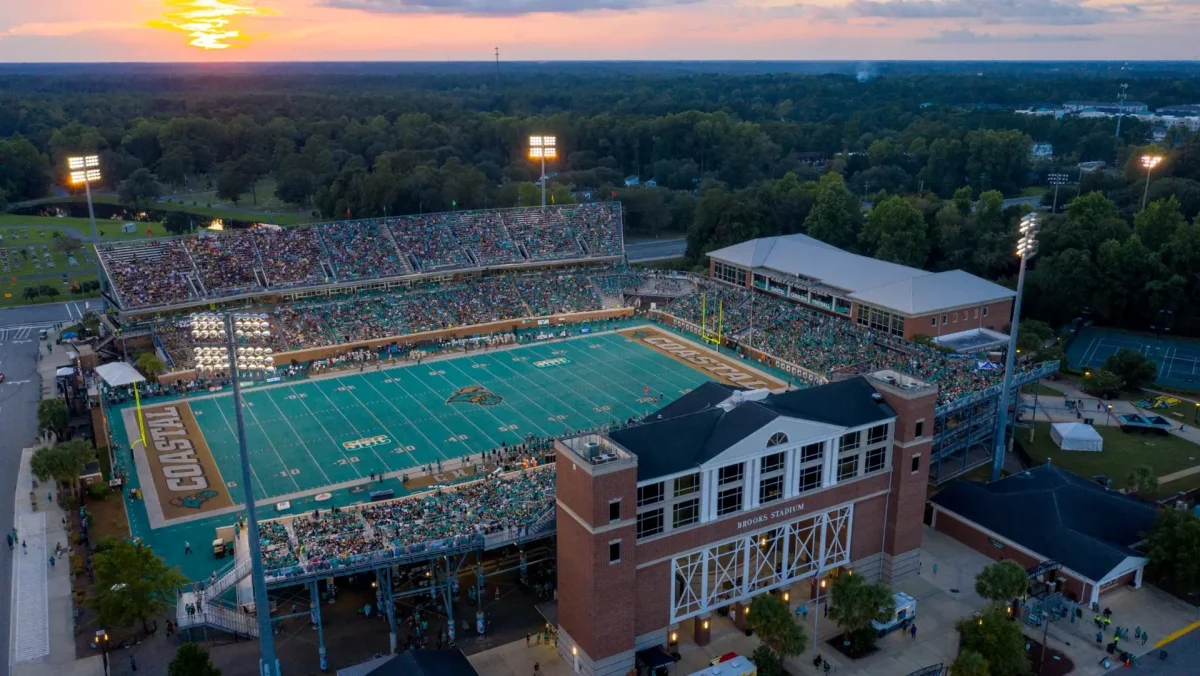The Edwards College of Humanities and Fine Arts (EHFA) held events Nov. 8 to celebrate first-generation students.
From 10 a.m. to 12 p.m., the Edwards College hosted Donuts with the Dean with Claudia Bornhold, and University Belonging and Student Affairs hosted an event in the Lib Jackson Student Union Rotunda from 11 a.m. to 12 p.m.
A first-generation student is classified as a student who is the first in their family to attend and graduate from a four-year college. This includes students who have siblings also completing a four-year degree, but does not pertain to those whose parents have previously accomplished this.
Junior Victoria Lightfoot struggles with things that she doesn’t know and her parents can’t help because they don’t know either. Especially dealing with financial aid, Lightfoot was able to find a way through college life. In the future, she’s pushing her kids to go to college, if they want to.
“It just means I’m the first one that got there, and turn me up because I did it,” Lightfoot said.
Both events were open to all students, staff and faculty who qualified as first-generation college students, and gave students the opportunity to sign up for the first-generation honor society Alpha Alpha Alpha or to apply for the First-Gen Scholarship offered at Coastal.
Dean Bornholdt isn’t a first-generation student herself, but she is a first-generation resident in the United States. She wants to celebrate and recognize those who are first-generation students, and talked about the benefits and challenges that these students face while in college.
One of these challenges, Bornholdt said, include the lack of parental guidance and support through their journey of academic success.
“It’s a whole kind of understanding. What are the expectations? And what’s university life like?” Bornholdt asked.
Senior Parker England has two little brothers and wants them to look up to him. He is hoping they carry the tradition of going to college. His parents are very excited to watch him across the stage, he said.
“The challenges that first-gen may face is that they don’t have somebody above them like a parent or a grandparent that went to college and have that experience ahead of time. You have to create your own path and have your own struggles and not have somebody to relate to,” England said.
Bornholdt said one of the benefits is having Tri-Alpha, which has the goal of meeting peers with many faculty and staff involved, sharing your experiences and being curious. The other beneficial component is the scholarship which is all donation-based, and only first-generation students are eligible.



















